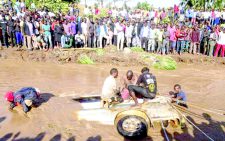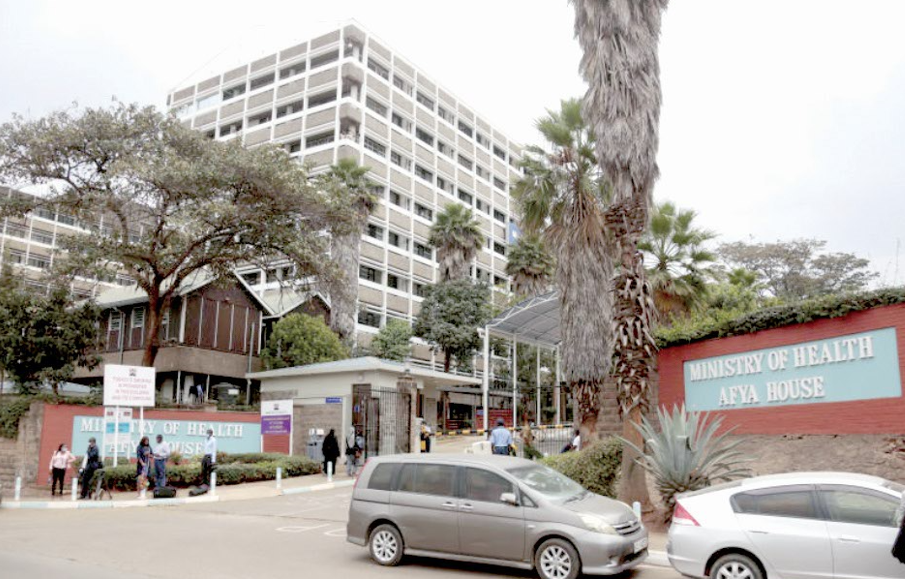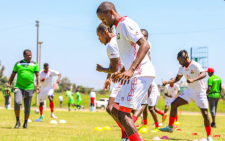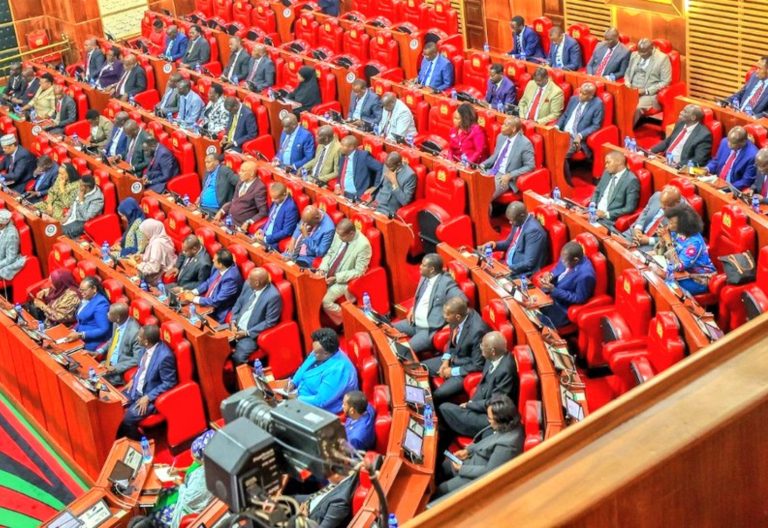Kemri labs to form part of Africa genome sequencing
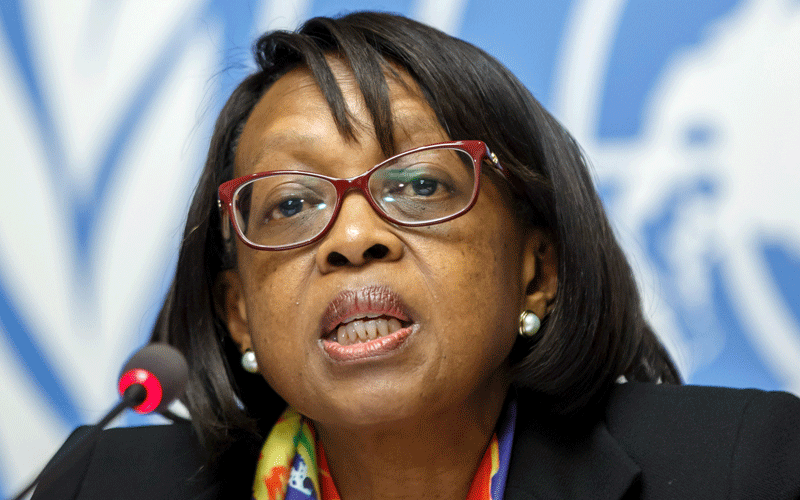
Laboratories at the Kenya Medical Research Institute (Kemri) have been selected to be part of Africa’s Covid-19 genome sequencing facilities.
Eleven other specialised and regional reference laboratories in Africa will provide sequencing, data analysis and other technical support services to the countries where they are located as well as to neighbouring countries and countries in their sub-regions.
Kemri labs will cater for the East African region in the network launched by World Health Organisation (WHO) and the Africa Centres for Disease Control and Prevention (Africa CDC).
Other laboratories are in South Africa, Senegal and Morocco among other nations.
Speaking in a media webinar recently, Dr Matshidiso Moeti, WHO Regional Director for Africa, said that these research facilities will help unravel on whether the SARS-CoV-2, the virus responsible for the global Covid-19 pandemic could be mutating.
“This will help us here in Africa to know the virus subtypes common in the continent and which ones are dominant. This will allow us to know the methods we will use for the control of the virus”, observed Dr Moeti, speaking from Johannesburg, South Africa.
The information availed through genome sequencing across the continent, according to Dr Moeti, will allow the health authorities to mount effective responses- vaccines and treatment tailored for Africans.
Ongoing sequencing is already providing crucial information for determining the type of SARS-CoV-2 lineage circulating in some countries.
It has shown that most of SARS-CoV-2 genomes circulating in Africa are assigned to the B.1 lineage which emerged from the epidemic in Europe.
In Africa, 10 lineages have been identified and more than 80,000 sequences have been produced globally.
Grouping viruses from different countries into the same lineage or sub-lineage has indicated a linkage or importation of viruses between countries.
According to these analysis, countries such as the Democratic Republic of the Congo (DRC) and South Africa are experiencing localised transmission, while there is also importation of cases in the DRC from Ghana, Morocco and Senegal.
